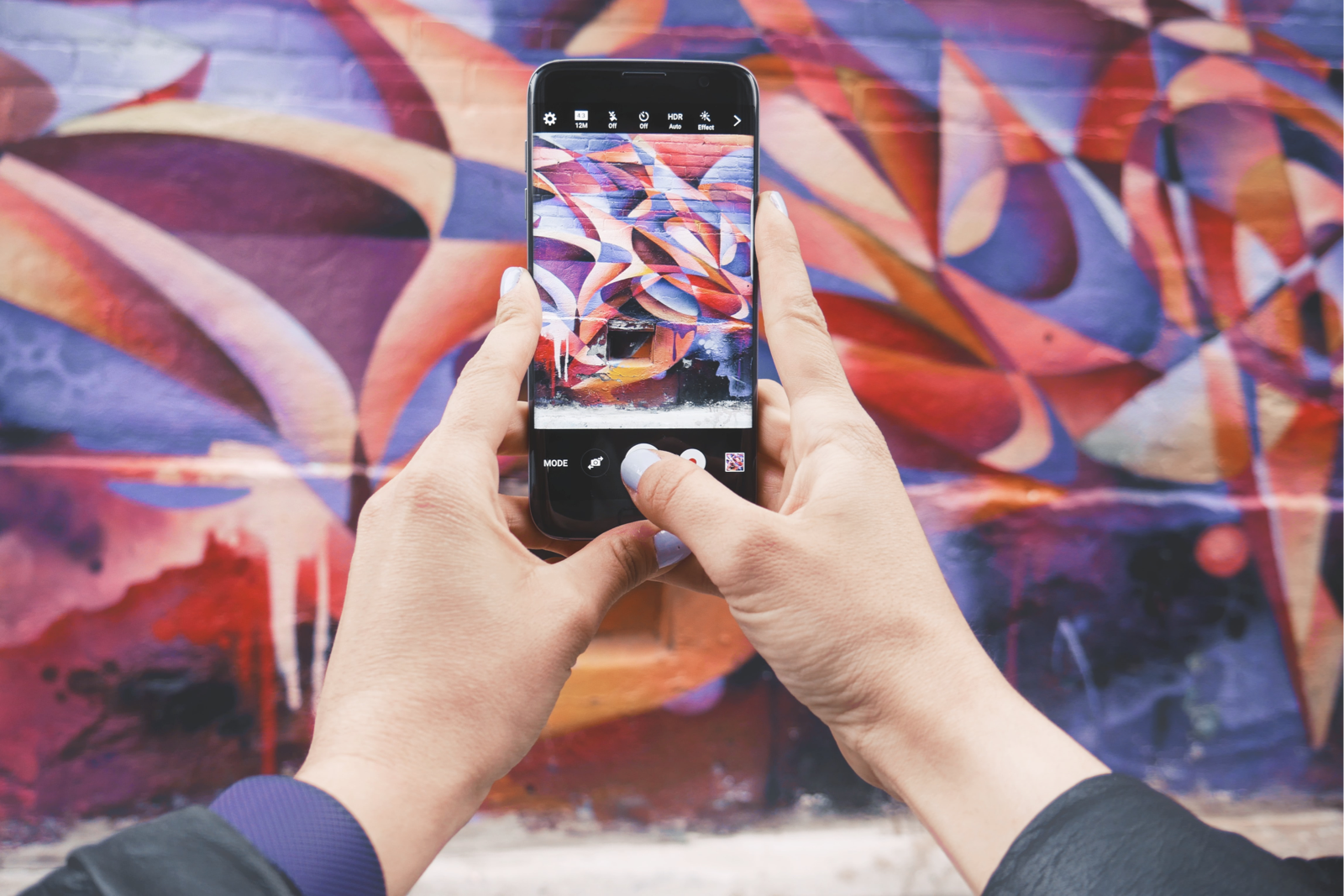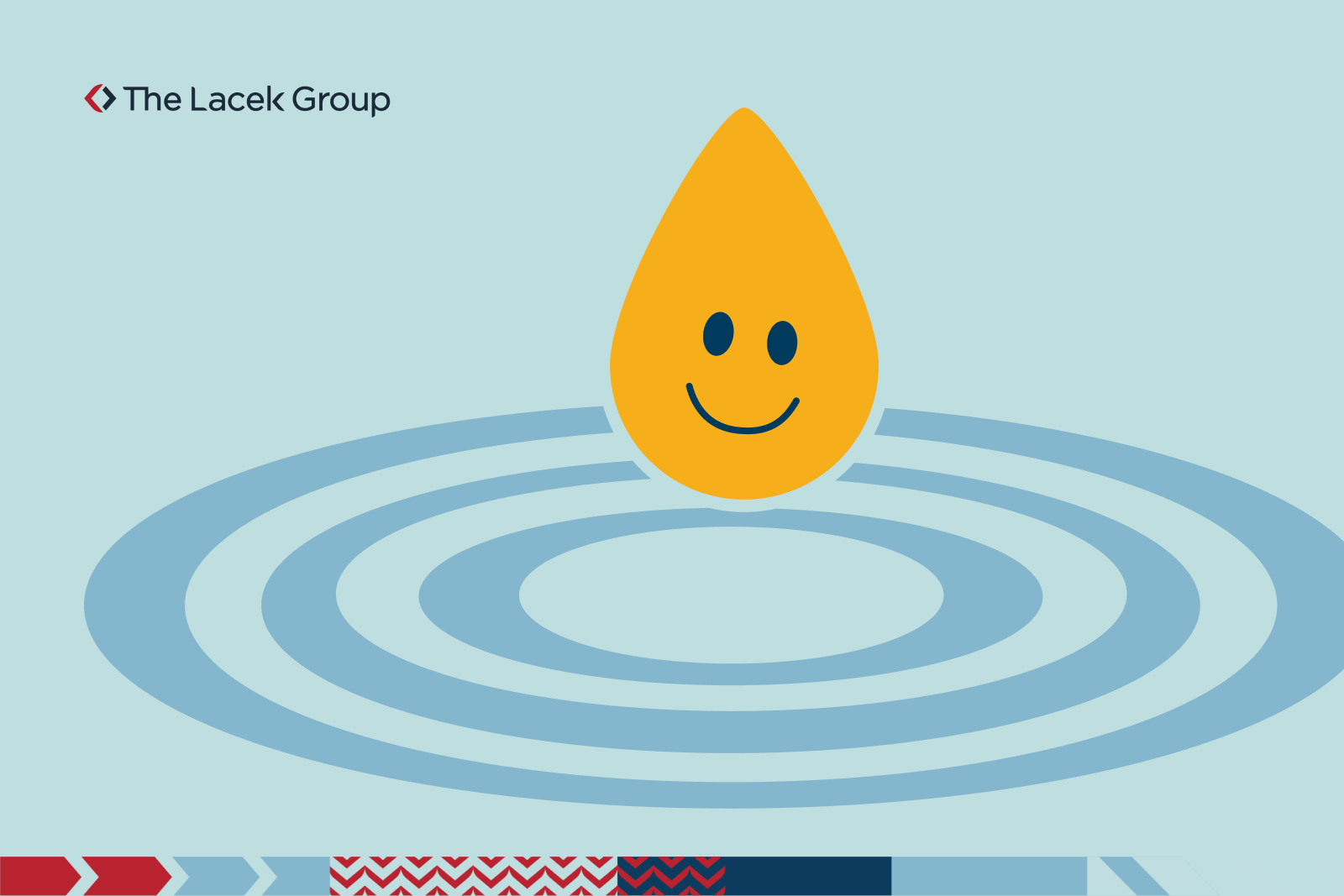Communities Rally for Brands that Help Others
-1.jpg)
Creating relationships that offer a true sense of belonging
Visit a new website and the brand likely welcomes you to its community—whether or not you feel connected to its fellow consumers. You might just be there for a first-purchase discount or to learn more about the company. On the other hand, brands like Apple or Nike may not even need to talk about community, yet their legions of dedicated consumers feel a kinship with these brands.
But bring on a crisis like this pandemic and it seems that every brand mentions community. Just take a look at numerous company emails whose subject lines talk of “A message to our community” or “We’re all in this together.” Impressively, many brands are going way beyond these words, demonstrating what goes into a meaningful community. What does that look like? And might your brand join them?
To begin to answer this question, let’s take a step back: If you’re of a certain age, you may remember the warm welcome the Cheers character Norm received every time he walked into the bar. “Norm!” they’d all yell. Or you may recall the theme song, “Where Everybody Knows Your Name.” Being part of a community feels good—whether it’s a neighborhood bar, a sports team, a faith organization, or a volunteer group.
Those good feelings are just one reason that many companies strive to build their own communities, enabling members to connect, share stories and experiences, and even support one another. Customers, especially Millennials and GenXers, often prefer doing business with brands that mesh with their own values. Doing so enables them to align purchases with significant support of causes they care about. If a brand has done a good job fostering community, relationships go beyond the superficial and members feel a true sense of belonging, perhaps especially in times of crisis.
Consider Lush North America, the popular bath-and-body brand. Its charitable giving is core to its business philosophy. Nonprofits can even apply for financial grants right on the company’s website via its Charity Pot program. Literally dozens of organizations—all advocates for the environment, animals, or people in need—are listed as partners, and each has a featured photo and description on the Lush website. Does that help create community? You bet it does.
“Lushies,” as the company’s most-devoted customers are called, not only love their natural, often whimsical products but also connect with its values. Most recently, the brand announced a collaboration with United We Dream, “the first and largest immigrant youth-led organization.” It included UWD information on its website in six languages; filmed and shared a short immigration documentary; invited UWD to meet with 600 Lush staff members; and introduced Mi Casa Es Tu Casa soap with 100 percent of its profits supporting grassroots immigrant-rights groups. In response, one customer tweeted, “Omg you KNOW this is gonna smell sooooooo good. Only Lush could figure out what immigrant justice smells like!”
Initially, upon the outbreak of the coronavirus, Lush customers were invited to stop by anytime and wash their hands. Shortly after, due to “our duty as an ethical business…to slow the spread of this virus,” the company closed all 258 of its retail stores while paying employees during this time away. Since then, as the crisis has worsened, senior leaders have taken salary cuts and cost-saving measures, but, unfortunately, many employees have now been laid off. Yet unlike some retailers, workers have received severance pay. In addition, Lush posts weekly updates on its decisions and reasons for them.
What are other companies doing to unite their communities—both official, like members of hotel loyalty programs, and unofficial, like sports fans? During this health crisis, numerous communities are stepping forward to support or applaud their favorite brands’ efforts:
-
Athletic teams, known for their avid fan bases, are stepping up: Many professional sports organizations, for example, are paying minimum-wage arena workers despite the fact that seasons have been canceled or postponed. MLB and Fanatics have teamed up to make baseball jersey fabric into one million protective masks. But likely the most impressive effort was carried out by the New England Patriots, whose team plane traveled to China to pick up 1.2 million N95 masks for the state of Massachusetts. Of that total, team CEO Bob Kraft purchased 300,000 masks, which were delivered via a Patriots truck to the Javits Center in New York. Thousands of people, including many health providers, responded with enthusiastic thanks for this precious cargo.
-
Many airlines and hotel chains have not only extended elite status by a year for loyalty program members, but many have offered help in other ways. For example, United Airlines is providing free, round-trip flights to medical personnel to New York City; and it has offered to match members’ donated miles by up to 500,000 miles per campaign or charity, e.g., American Red Cross, providing direct relief from the coronavirus.
-
Entertainment lovers are rallying around a twice-daily online show, “Stars in the House,” featuring major Broadway, film and TV celebrities performing at home. Launched to raise money for The Actors Fund, the show benefits this nonprofit, which provides emergency financial assistance and more to people in the arts. So far, they’ve raised nearly $200,000.
-
Garment manufacturers—including Levi’s, New Balance, and Christian Siriano—have shifted employees into making protective masks, enabling many workers to keep their jobs while helping the broader community. Ralph Lauren, for example, is producing 250,000 masks and 25,000 isolation gowns; in addition, its foundation has committed $10 million to relief efforts. Thousands of likes and hundreds of retweets are spreading the company’s generosity. One customer tweeted: “A great company. Proud to wear your label for years.” Another offered: “Awesome! We will remember how you stepped up to save lives. Thank you.”
-
American Express has waived credit card interest and late fees for some of its cardmembers affected by the coronavirus. In addition, it has teamed up with Marriott and Hilton to donate hotel room nights to doctors and nurses on the front lines. Amex has also partnered with Rethink Food NYC to help keep some New York restaurants open and supplying thousands of meals per day to those deeply affected by the crisis. Loyal restaurant patrons are offering their online support and financial help.
-
Walgreens is reaching out to its customers with this message: "Feeling isolated? You're not alone." The brand is finding ways to maintain customers’ connections during this time, offering connections to online sessions with healthcare providers, therapists, and pharmacists, plus deliveries of prescriptions.
-
And then, of course, countless restaurants and coffee shops are not only delivering complimentary drinks and food to people on the frontlines but are being supported themselves by locals who continue to order takeout and then offer generous tips to keep them in business.
Is your brand considering a community effort? If so, ask yourself a few questions: What do you hope to achieve via your community during this pandemic? Are your customers like-minded, motivated by similar values or interests? And finally, what’s ultimately in it for your customers?
People respond to community efforts for a variety of reasons. During a time of crisis, they may support people experiencing tough times (e.g., first responders), celebrate good news (e.g., the Patriots’ plane story), or perhaps search for ways to cope. Most communities offer several reasons for belonging.
There’s a quote credited to writer Kahlil Gibran: “You may forget with whom you laughed, but you will never forget with whom you cried.” These companies are hoping that consumers who cheer on their charitable and member efforts today will continue to do so once we’re beyond this crisis. Brand efforts—if genuine and based on company values—will bode well both for their rallying communities and the long-term health of these organizations.
The Lacek Group is a Minneapolis-based, data-driven loyalty, experience and customer engagement agency that has been delivering personalization for its world-class clients for more than 30 years. The Lacek Group is an Ogilvy company.

